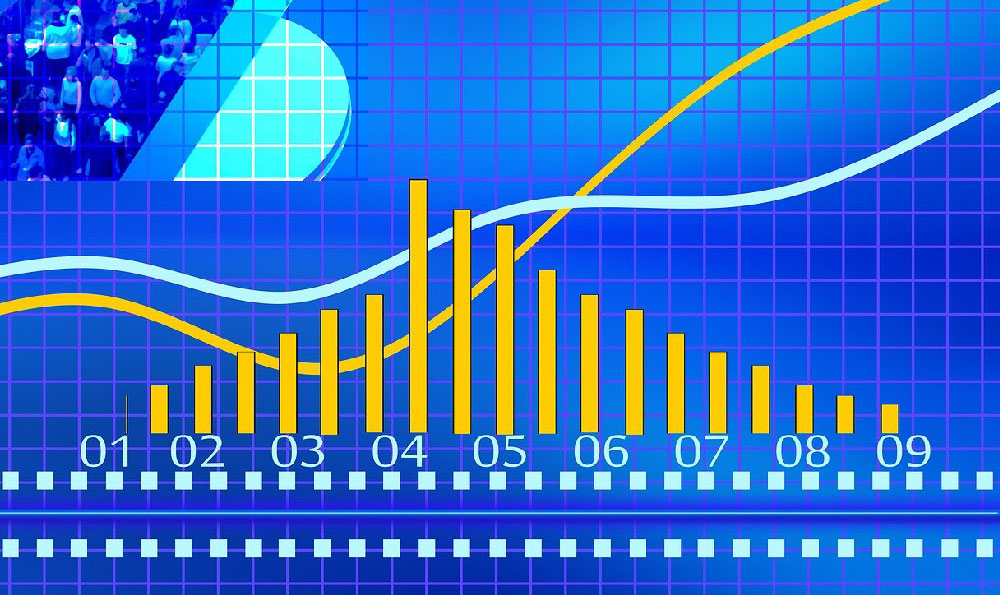In today's fast-paced financial landscape, the challenge of balancing debt obligations with the pursuit of additional income has become increasingly relevant for individuals navigating personal finance. Whether you're grappling with credit card balances, student loans, or other forms of debt, finding ways to bolster your earnings while strategically reducing liabilities can significantly impact your financial well-being. This requires a thoughtful approach that combines practical steps with an understanding of financial principles, enabling you to create a sustainable path toward economic freedom.
One of the most effective methods to address this dual challenge involves leveraging your existing skills and resources to generate supplementary income. Consider the versatility of your time and talents—if you possess a craft, such as photography, writing, or cooking, you can monetize these through platforms that connect individuals with opportunities. For instance, offering freelance services not only provides flexibility but also the potential to earn more than your primary income. Similarly, renting out unused spaces, like a garage or a room, through peer-to-peer platforms can create a steady stream of passive income, helping to accelerate debt repayment. These avenues often require minimal upfront investment, making them accessible to a wide range of individuals.
Another critical strategy lies in optimizing your existing financial resources. High-yield savings accounts and short-term certificates of deposit are excellent tools for preserving and growing capital. While these may not offer the high returns of riskier investments, their stability and accessibility make them ideal for individuals seeking to pay off debt without exposing themselves to significant risk. For example, by allocating a portion of your monthly income to such accounts, you can earn interest that contributes to your debt payoff goals. Additionally, exploring short-term investment options, like dividend-paying stocks or money market funds, can provide returns that surpass traditional savings accounts, though they require a deeper understanding of market dynamics.

A crucial aspect of debt management is prioritizing which obligations to tackle first. It's essential to adopt a strategic mindset by focusing on high-interest debts, as they accrue costs more rapidly. For example, if you have credit card debt with an annual percentage rate of 18%, it's wise to allocate a larger portion of your extra income to paying this off before moving on to lower-interest debts. This approach not only reduces the total amount of interest paid over time but also minimizes the risk of financial strain. Furthermore, negotiating with creditors for lower interest rates or payment plans can provide temporary relief, allowing you to redirect funds toward more pressing financial goals.
In addition to increasing income and managing debt, it's vital to cultivate a habit of mindful spending. Assessing your monthly expenses and identifying areas where you can cut back can free up additional capital for debt repayment. For instance, opting for budget-friendly alternatives in daily consumption, such as cooking at home instead of dining out, can significantly impact your financial flexibility. Moreover, utilizing budgeting apps and tracking your spending habits can provide insights into your financial behavior, enabling you to make more informed decisions. It's also important to consider the power of compound interest, as even small contributions to a savings account can grow substantially over time when left untouched.
The importance of financial education cannot be overstated in this endeavor. As you explore various methods to earn extra income and pay off debt, it's essential to stay informed about financial trends and strategies. This includes understanding the nuances of different investment options, learning how to manage your credit responsibly, and staying updated on economic shifts that may impact your financial decisions. For example, staying informed about interest rate changes can help you determine the optimal time to refinance your debts or invest in specific opportunities. Additionally, learning about passive income strategies, such as investing in dividend-paying stocks or rental properties, can provide long-term financial benefits.
In conclusion, the journey toward financial freedom requires a multifaceted approach that combines creative income generation, strategic debt management, and mindful spending habits. By leveraging your resources, staying informed about financial principles, and adopting a disciplined mindset, you can create a roadmap that not only addresses your current financial challenges but also sets the stage for long-term financial success. Remember, the key to achieving this balance lies in consistent effort, adaptability, and a commitment to financial literacy.












